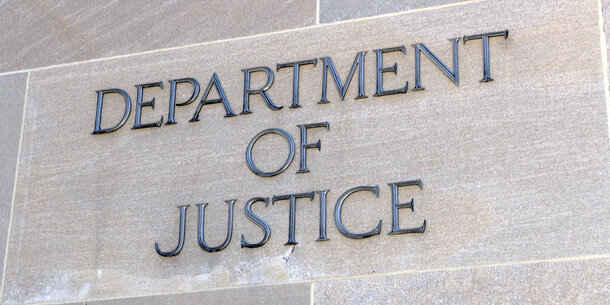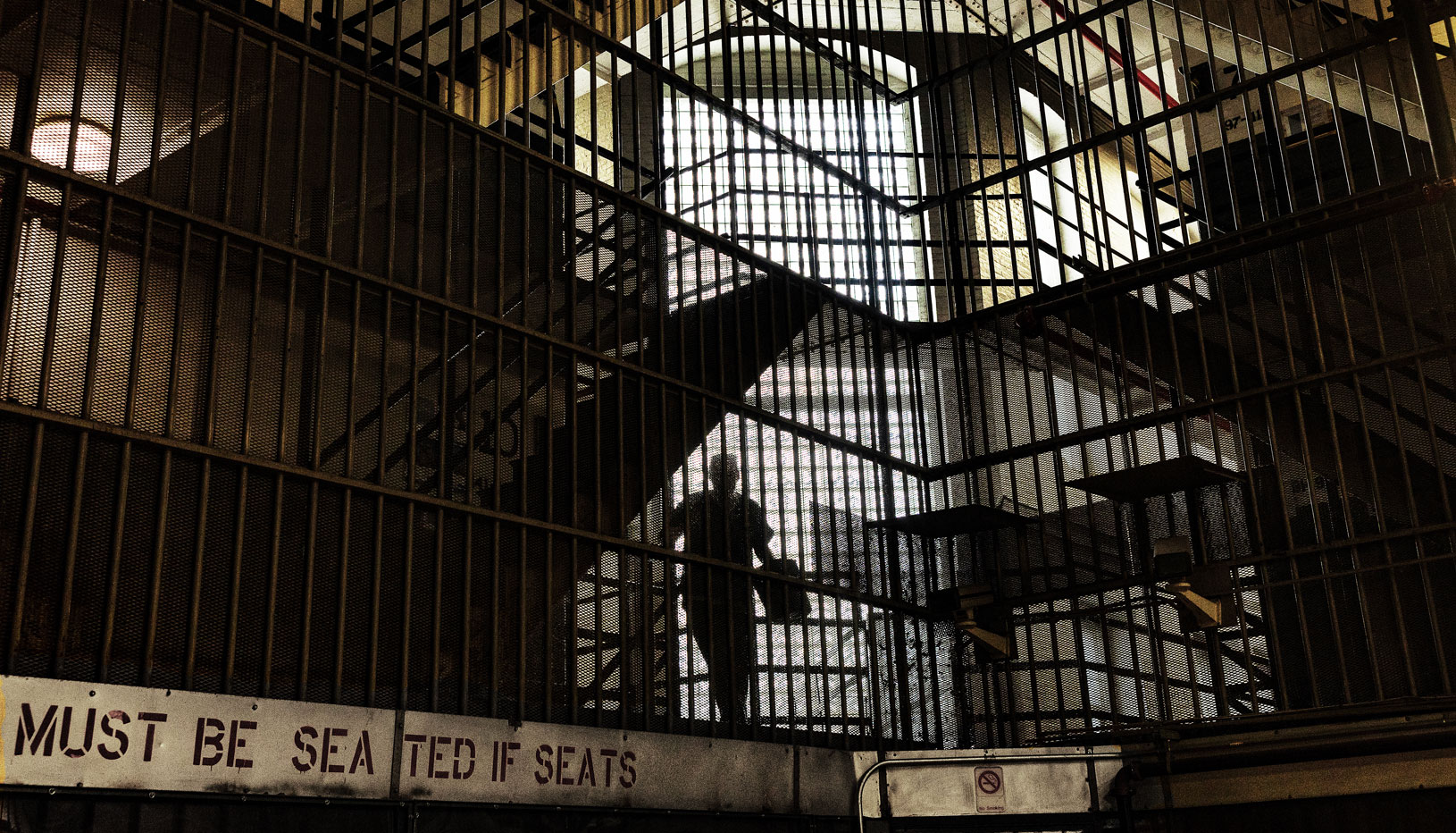In 2023, New York became the 12th state to enact a clean slate law, which limits access to some criminal conviction records. By 2027, New York’s law will have sealed the conviction records of people who have completed their sentences and stayed free of other convictions for a set number of years — three years for misdemeanors, eight for felonies. 1
At a time when other criminal justice reforms faced backlash or stalled, proponents of New York’s Clean Slate Act succeeded. Examining the bill’s path to enactment points to several strategic principles that could guide advocates in other states. To be sure, the path was not easy; it took three years for the bill to become law. 2 Along the way, advocates and legislators navigated the complicated politics of criminal justice reform. They debated and changed critical parts of the legislation — among them, how long a person must wait for relief, who can access sealed records and for what reasons, and what offenses are ineligible for sealing. The legislation also became narrower than originally conceived, dropping provisions that would have expunged criminal records (functionally erasing them) rather than sealing them (limiting who retains access to law enforcement and some potential employers).
To better understand how New York achieved this goal, Brennan Center researchers conducted semistructured interviews between January and December 2024 with roughly a dozen people involved in the campaign to pass the bill, including legislative leaders. 3 The Clean Slate Act’s key supporters, like those in many other criminal justice reform campaigns, thought carefully about how to balance bold ideas against the tendency toward incremental progress and the necessity of crafting a bill that could win wide support. In addition, they worked with allies across civil society to frame the narrative around the bill and build momentum toward its passage. The following sections explore the strategic decisions that shaped these provisions and allowed the bill to become law, offering lessons for passing similar reforms.
Update: After the publication of this report, Illinois passed its own version of the Clean Slate Act on October 30, 2025, making it the 13th state to pass a clean slate law.
Endnotes
-
1
Clean Slate Initiative, “New York Becomes 12th State to Pass ‘Clean Slate’ Record Clearance Policy,” June 9, 2023, https://www.cleanslateinitiative.org/in-the-news/new-york-becomes-12th-state-to-pass-clean-slate-record-sealing; Brennan Center for Justice, “New York Governor Kathy Hochul Signs Clean Slate Act,” November 16, 2023, https://www.brennancenter.org/our-work/analysis-opinion/new-york-governor-kathy-hochul-signs-clean-slate-act; and N.Y. Crim. Proc. Law § 160.57.
-
2
Clean Slate Initiative, “Clean Slate in States,” accessed June 26, 2025, https://www.cleanslateinitiative.org/states; and New York Senate, “AB A1029C,” accessed August 1, 2025, https://www.nysenate.gov/legislation/bills/2023/A1029/amendment/original.
-
3
The Brennan Center testified in support of the bill and consulted with lawmakers but was not among the core committee of advocates who set strategy or made key decisions surrounding the legislation. A semistructured interview is a qualitative research approach that combines pre-planned questions that prompt discussion with the opportunity for the interview to address particular themes through follow-up discussion.





